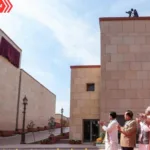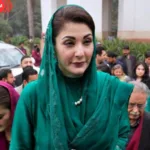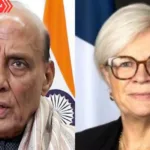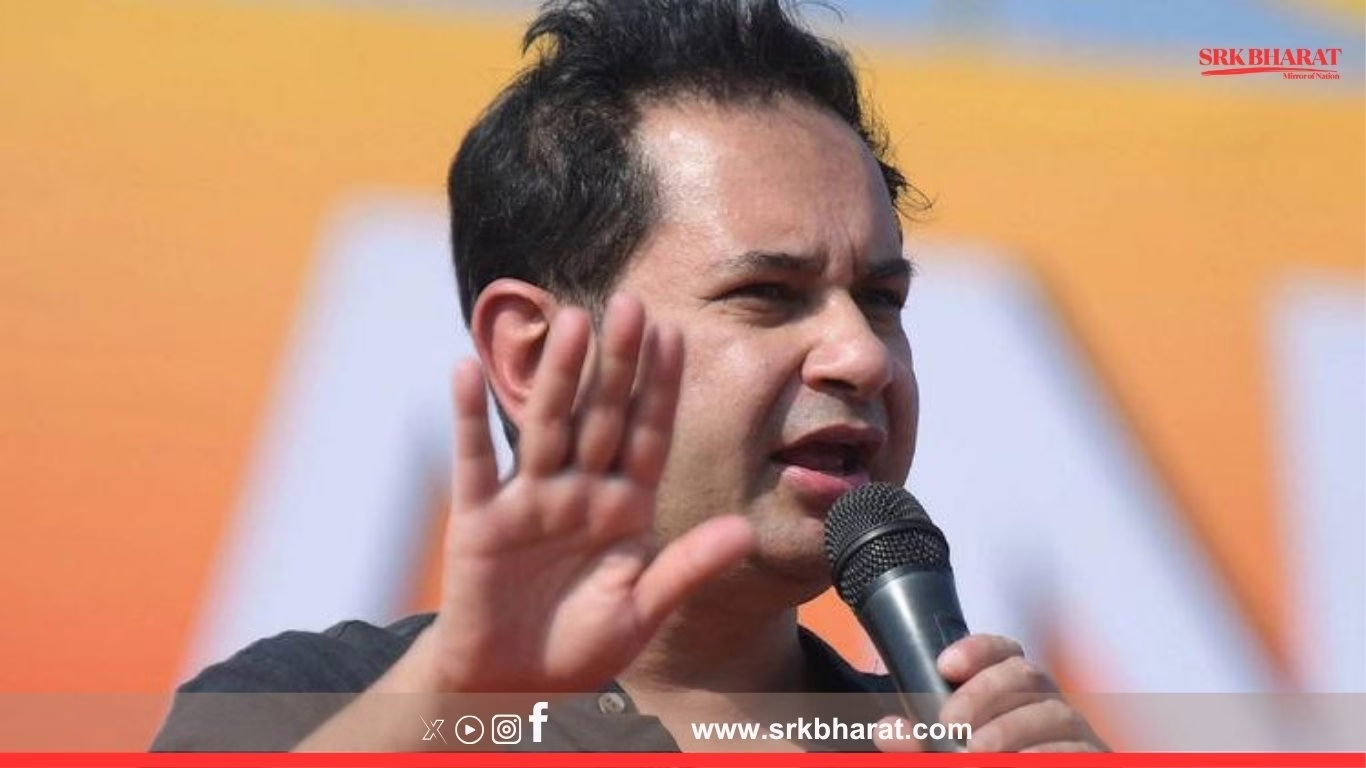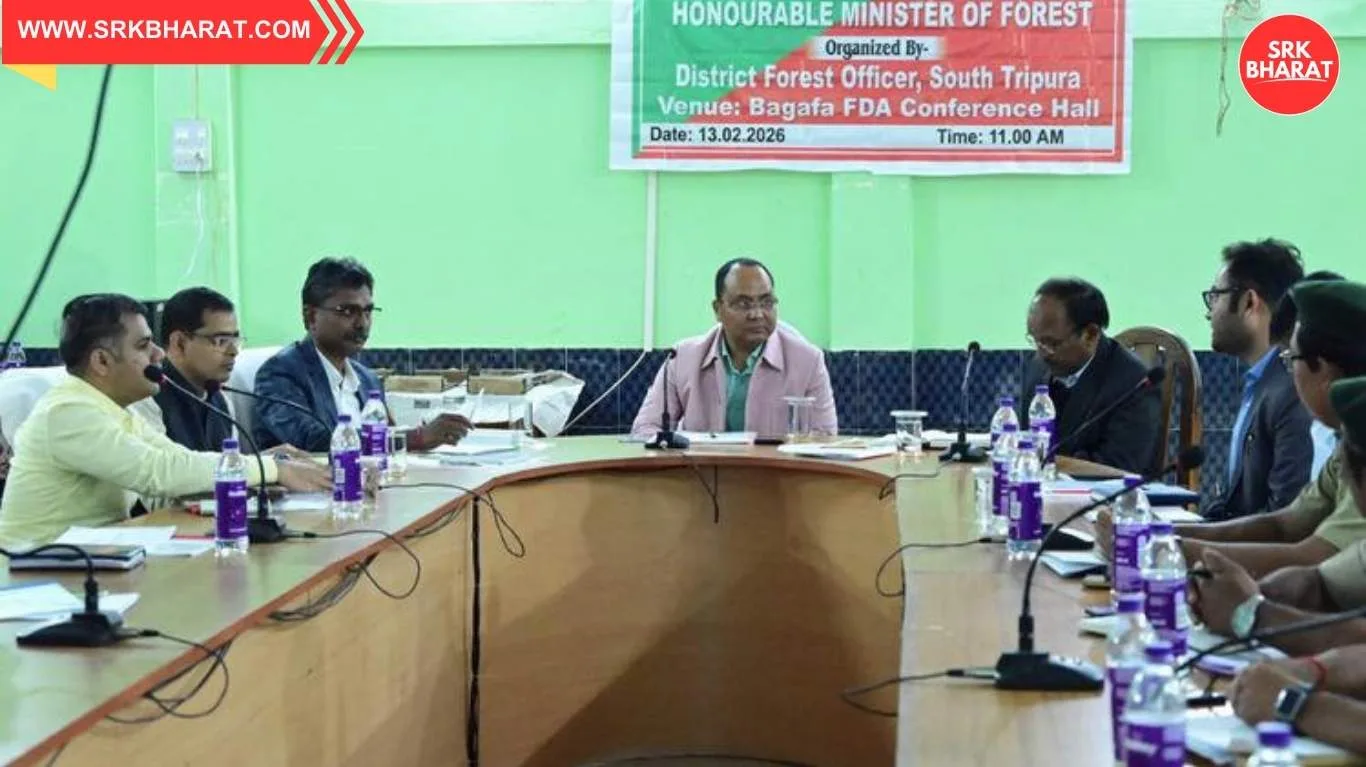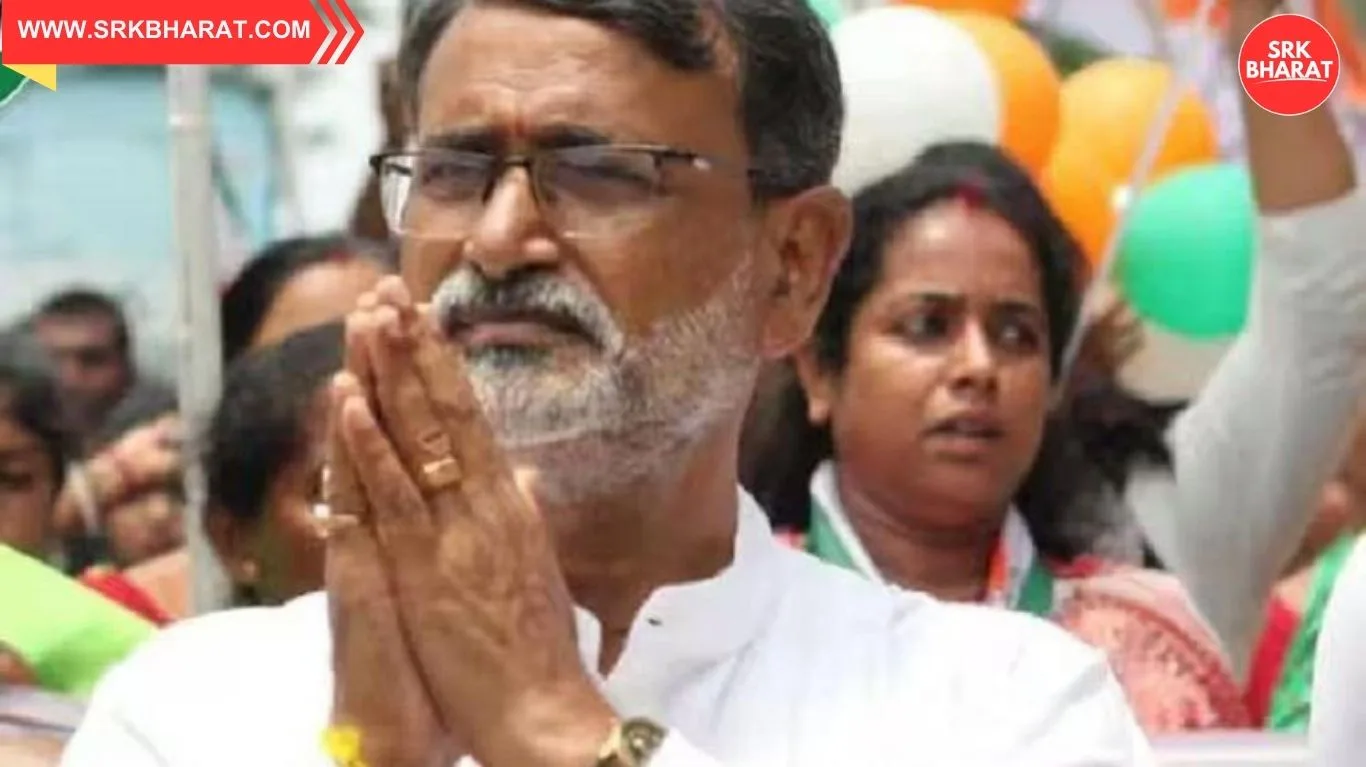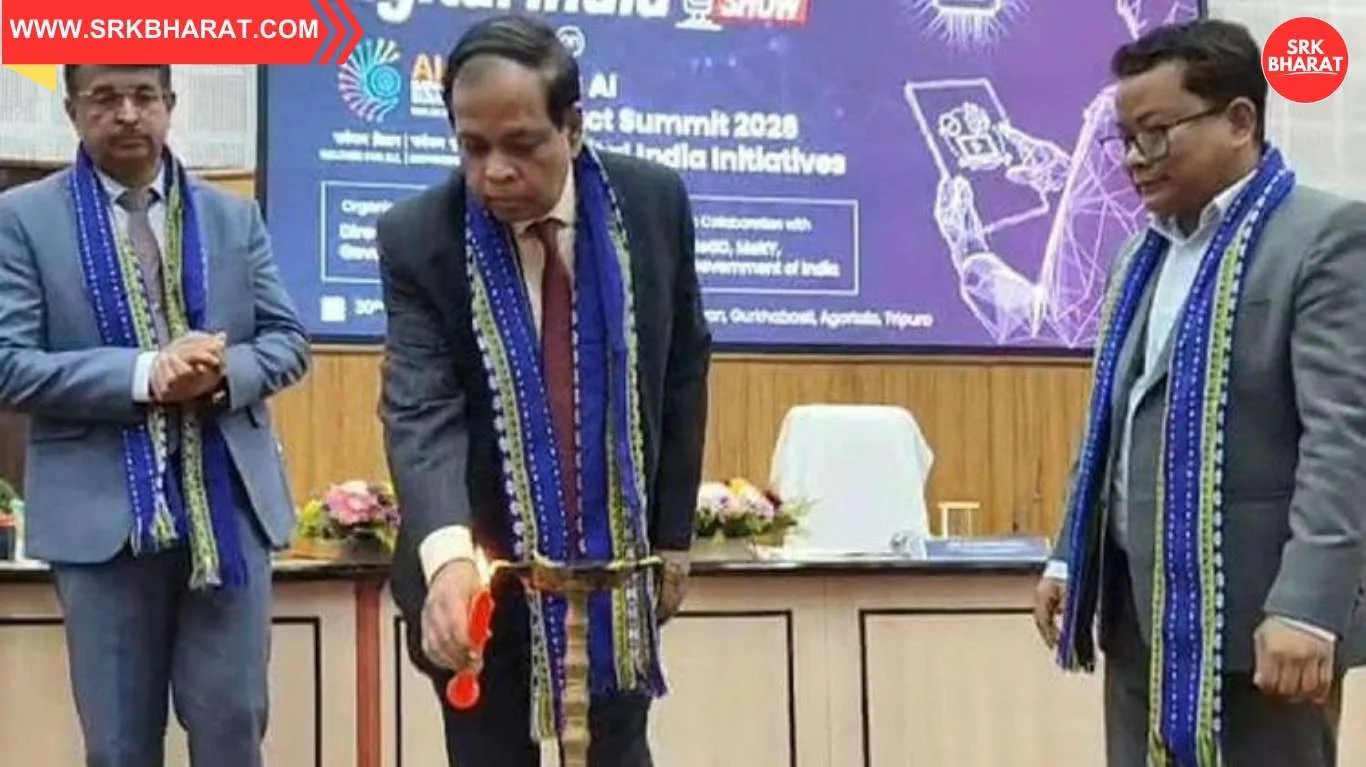Agartala/Raipur: In a development that has added a fresh political twist to the arrest of two Kerala-based Catholic nuns in Chhattisgarh, Tripura royal scion and political leader Pradyot Manikya Debbarma has written to Chhattisgarh Chief Minister Vishnu Deo Sai urging a fair and transparent investigation into the matter. His intervention has created a ripple effect in the socio-political fabric of both Tripura and Chhattisgarh, drawing attention from civil society, opposition leaders, and religious bodies across India.
The two nuns, who belong to a congregation based in Kerala, were reportedly detained in Bilaspur district earlier this month for alleged involvement in religious conversion activities—an accusation strongly denied by church representatives. Their arrest under the state’s anti-conversion law has reignited concerns about misuse of such legislations and potential infringement on religious freedoms.
The Arrest: What Happened?
According to local police reports, the nuns were taken into custody based on a complaint from a local resident who alleged that the duo were attempting to convert tribal families in a remote village near Bilaspur. The authorities invoked provisions of the Chhattisgarh Freedom of Religion Act, which prohibits conversions by force, inducement, or fraud.
However, the Catholic Church and rights organizations argue that the nuns were on a routine charity and education-related visit, and the arrest was made without any credible evidence or warrant.
Pradyot Manikya’s Intervention
Pradyot Manikya, the former head of the Tipra Motha Party and a staunch advocate for indigenous rights and minority protections, condemned the arrests and expressed concern about the implications for communal harmony. In a detailed letter addressed to CM Vishnu Deo Sai, Manikya stated:
“The arrest of two women who have dedicated their lives to service is deeply troubling. If we, as a nation, cannot protect the fundamental rights of minorities and women, then we are regressing in our democratic journey.”
Manikya emphasized that justice must not only be done but must also be seen to be done, and called for a judicial inquiry or independent review into the circumstances surrounding the arrest.
Political and Social Reactions
The issue has polarized political circles in Chhattisgarh and beyond. The Congress and CPI(M) have sided with Manikya’s stance, while the BJP-led state government has maintained that the arrests were made strictly in accordance with the law.
| Political Stakeholder | Reaction |
|---|---|
| Pradyot Manikya Debbarma | Called for fair and independent probe, flagged religious freedom issue |
| Congress (Chhattisgarh) | Demanded revocation of charges, accused BJP of targeting minorities |
| BJP (State Govt) | Defended police action, said law was enforced without bias |
| Catholic Church Leaders | Outraged; termed arrest illegal and motivated |
| Human Rights Organizations | Raised concerns on misuse of anti-conversion laws |
Religious Freedom Under Spotlight
The arrest has rekindled the national debate on the application of state-level anti-conversion laws. Chhattisgarh, like several other BJP-ruled states, has stringent legal provisions that require prior notification to district authorities before any religious conversion.
However, critics argue that these laws are vague and often misused to harass missionaries and minority groups under the guise of protecting tribal culture.
Father Antony Mendez, a spokesperson for the Church in Kerala, said:
“These laws are weaponised. Acts of service and charity are being portrayed as acts of conversion. The nuns arrested have never violated any legal or ethical boundaries.”
Timeline of Key Events
| Date | Event |
|---|---|
| July 8, 2025 | Two Kerala nuns detained in Bilaspur by local police |
| July 10, 2025 | FIR registered under anti-conversion law |
| July 12, 2025 | Protests by church and human rights groups in Raipur and Kochi |
| July 15, 2025 | Bail plea filed and denied citing ongoing investigation |
| July 20, 2025 | Pradyot Manikya issues public statement, writes to CM |
| July 28, 2025 | CM Sai indicates government openness to review if inquiry demanded |
Legal Standpoint and Bail Controversy
Lawyers representing the nuns have claimed that no conversion material, no witness statement of coercion, or even written complaint from the alleged “victims” was presented in court. The bail application was denied citing possible disruption of the investigation, which has further angered civil society groups.
Senior advocate Anjali Thomas commented:
“There are no grounds for detention. This is preventive incarceration under political pressure.”
Meanwhile, the Chhattisgarh Bar Association has remained divided, with some members supporting legal action against “illegal conversions” while others call for more nuanced and evidence-based policing.
Inter-State Implications
Pradyot’s letter has sparked similar concerns among other tribal leaders in the Northeast, who fear that any erosion of minority rights in central or northern India may set a precedent for repressive policies in other regions.
A delegation of Christian community leaders from Tripura, Mizoram, and Meghalaya is planning to meet Union Minority Affairs Minister to raise the issue at the national level.
Impact on the Church and Women in Missionary Work
This arrest has had a chilling effect on missionary work and outreach programs conducted by Christian organizations in tribal regions. Several groups have reportedly withdrawn their teams from Chhattisgarh fearing persecution.
| Category | Number Affected | Region |
|---|---|---|
| Missionaries Recalled | 27 | Central & Northern Chhattisgarh |
| Pending FIRs | 13 | Bastar, Bilaspur, Surguja |
| Women in Fieldwork | 40+ | Put activities on hold temporarily |
Women working in religious and charity sectors are particularly vulnerable, as they often travel in small groups without legal support in remote areas.
Public Sentiment and Social Media Buzz
The issue has gone viral across social media platforms, with hashtags like #FreeTheNuns, #ReligiousFreedom, and #JusticeForNuns trending in India and abroad. Many users have lauded Pradyot Manikya for stepping into the issue despite no direct political connection with Chhattisgarh.
Influencers, Christian groups, and even Bollywood celebrities have weighed in, turning what started as a regional incident into a national human rights issue.
What Happens Next?
With mounting public and political pressure, the Chhattisgarh government is expected to review the matter. Insiders suggest the CM’s office may order a departmental review or request an independent fact-finding committee if the issue continues to spiral.
The court is expected to hear the nuns’ bail appeal in early August. Meanwhile, both Tripura and Kerala Christian communities have planned peaceful demonstrations and interfaith prayer meets to demand their release.
Conclusion
The arrest of two Kerala nuns in Chhattisgarh and the subsequent political intervention by Pradyot Manikya has added a new layer of complexity to India’s long-standing religious freedom debate. With both legal and political stakes running high, the next few weeks will be crucial in determining not only the fate of the detained nuns but also the future of missionary rights in tribal and remote regions of the country.
Disclaimer: The article is based on statements from political leaders, legal experts, church representatives, and public records as of July 30, 2025. Facts may evolve with time and further investigation. The article does not reflect endorsement or opposition to any political party or religious group.

